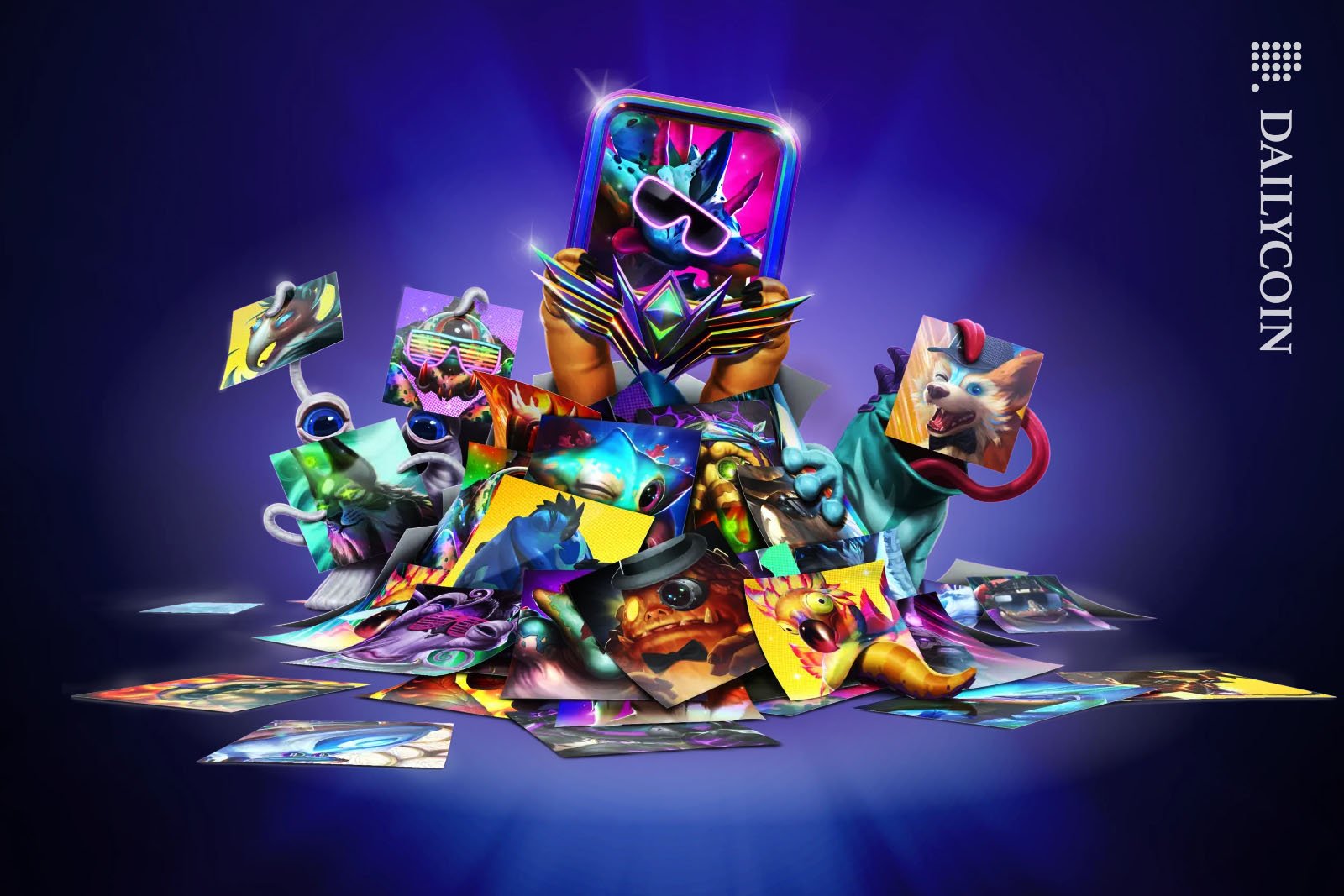Exploring Canadian Watercraft: Tips and Trends
Discover the latest in Canadian watercraft – from Lake Ontario fishing boats to kayaking in the Rockies.
Building a Stronger Future: Crypto Gaming's Reputation Revolution
Discover how crypto gaming is reshaping its image and paving the way for a brighter future. Join the revolution today!
How Crypto Gaming is Redefining Trust and Transparency in the Industry
In recent years, crypto gaming has emerged as a revolutionary force, reshaping the landscape of trust and transparency within the gaming industry. Traditional gaming models often involve opaque processes, government policies, and centralized control that can lead to player distrust. However, with the advent of blockchain technology, players can now benefit from decentralized systems where transparency is paramount. Transactions are verifiable on public ledgers, enabling gamers to track their in-game assets and ensuring that ownership is clear and unambiguous.
Moreover, crypto gaming platforms are leveraging smart contracts to further enhance security and fairness. These self-executing contracts automatically enforce the rules of the game without the need for intermediary intervention, reducing the risk of fraud and manipulation. As a result, players can engage confidently in their favorite games, knowing that their investments are protected and that the game's mechanics are governed by transparent protocols. This shift not only boosts player confidence but also fosters a vibrant, loyal community that values integrity in the gaming experience.

Counter-Strike is a highly popular first-person shooter game that emphasizes teamwork and strategy. Players join either the terrorist or counter-terrorist team to compete in various objective-based game modes. For those looking to enhance their gaming experience, using a clash promo code can provide exciting bonuses and advantages.
The Impact of Decentralization: Building Reputation in Crypto Gaming
The impact of decentralization in the realm of crypto gaming cannot be overstated, as it fundamentally changes how players interact with games and each other. Traditional gaming platforms often rely on centralized authorities, which can lead to issues such as unfair practices, limited ownership of in-game assets, and a lack of transparency. In contrast, decentralized gaming platforms leverage blockchain technology to provide players with true ownership of their digital assets, enabling them to trade, sell, or use these assets across different games. This not only enhances the gaming experience but also builds a reputation of trust within the community, as players can verify transactions and game mechanics through the immutable ledger provided by blockchain.
Moreover, a decentralized approach empowers players by allowing them to participate in governance decisions that shape the future of the games they love. With mechanisms in place such as decentralized autonomous organizations (DAOs), players can vote on essential aspects of game development, tokenomics, and ecosystem initiatives. This level of involvement fosters a sense of community and loyalty, ultimately strengthening the game’s reputation within the crypto gaming industry. As more players begin to appreciate the benefits of decentralization, developers who fail to adapt may find themselves at a significant disadvantage, making it crucial for them to embrace these changes to thrive in a rapidly evolving market.
Can Crypto Gaming Overcome Its Stigma and Thrive?
The world of crypto gaming has often been overshadowed by skepticism and stigma, primarily due to its association with volatility and speculative investments. However, as blockchain technology advances and the gaming industry evolves, it becomes increasingly clear that crypto gaming has the potential to offer genuine value and unique experiences. One of the critical factors in overcoming this stigma is the growing prevalence of play-to-earn models, which allow players to monetize their skills and time spent in games. By fostering a community and providing tangible rewards, these models can shift the perspective from mere speculation to a legitimate form of engagement and entertainment.
Another aspect that could help crypto gaming thrive is the emphasis on innovation and creativity within the sector. As developers continue to explore immersive virtual worlds and integrate decentralized finance (DeFi) elements into gameplay, players may find themselves captivated by these new experiences. For instance, games that implement non-fungible tokens (NFTs) can create unique in-game assets that players truly own, promoting a sense of investment and belonging. If the industry can showcase these benefits while maintaining transparency and user education, it can foster a more positive perception, ultimately allowing crypto gaming to break free from its stigma and flourish.